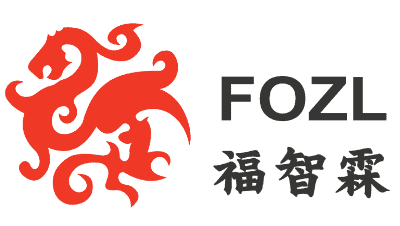2017-05-08
Corporate Tax Computation Requirement to Submit Tax Computation A tax computation is a statement showing the tax adjustments to the accounting profit to arrive at the income that is chargeable to tax. Tax adjustments include non-deductible expenses, non-taxable receipts, further deductions and capital allowances. Companies should prepare their tax computations annually before completing the Form C-S/ C. Only companies filing Form C need to submit their audited/unaudited* financial statements, tax computation and supporting schedules together with Form C. Companies filing Form C-S are still required to prepare their financial statements, tax computation and supporting schedules and submit them to IRAS […]


